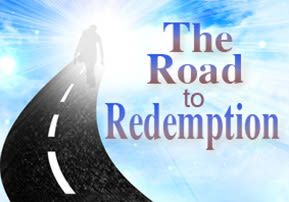
The Road to Redemption
Shmirat HaBrit is the test of our times. This is the underlying spiritual cause for the increase of promiscuity and pornography in the world. The good news...

One further point is needed to facilitate our understanding of the Zohar. The sefirah of Malchut is the vessel that receives all of the Divine illumination and blessing. In our world, Malchut is manifested in many different forms, including Am Yisrael, Eretz Yisrael, Jerusalem, the Kingdom of Israel, and the Shechinah (Divine Presence.)
Malchut and Yesod are always associated together. When the Yesod is damaged, then Malchut is damaged also. This is also why sexual transgression on a national level can cause a separation between the Yesod and Malchut – resulting, G-d forbid, in the destruction of the Jewish Kingdom, and the exile of the nation and the Shechinah from the Land.
From this we see the importance of sexual purity in establishing and safeguarding the Kingdom of Israel.
This understanding, repeated again and again in the Zohar, is vital in addressing the challenges we are facing today. At this critical stage of the Israel’s revival in Eretz Yisrael, in order to establish the Kingdom of G-d on earth (Malchut,) we must concurrently sanctify the Yesod by purifying our sexual lives. It is not enough to build a powerful army, beautiful cities, and flourishing settlements. The army, and the cities and settlements must all be holy as well. If we violate the sexual prohibitions of the Torah, we damage the Brit between G-d and Avraham Avinu, weakening our hold on the Land.
Relying on Israel’s inner, intrinsic holy segulah (special potential) is not enough.
This can be illustrated from a passage of the Zohar that explains how Eliahu HaNavi dealt with the deteriorating situation in his time, when Am Yisrael abandoned G-d through idol worship, sexual transgressions, and neglecting the mitzvah of circumcision. By so doing, they destroyed the foundation of the Jewish Kingdom, symbolized by the destruction of the altar.
Rabbi Yehuda was often with Rabbi Shimon. Once they studied the verse, “And he healed the altar of the L-rd that was broken down,” (Melachim, 1, 18:30.) What is the meaning of the expression “and he healed,” (instead of saying he rebuilt?)
Behold, in the days of Eliahu, all Israel abandoned the Holy One Blessed Be He, and abandoned the life-sustaining Brit. When Eliahu came and saw that the children of Israel had forsaken the Brit and its sign, he set out to rectify the matter to its former state. This rectified everything. This is why it is written, “And he healed the altar of the L-rd that was broken down,” meaning he reestablished the holy Brit that had been abandoned. (Zohar, Bereshit 66b)
In Kabbalistic terms, the transgressions of Am Yisrael caused a breach between the sefirot of Yesod and Malchut, damaging the channel of Divine blessing to the nation.
Understanding this, Eliahu HaNavi sought a spiritual healing. By rectifying the transgressions surrounding the Brit, he reuniting Yesod with Malchut and succeeded in restoring the Jewish People to G-d, symbolized by the “healing” of the altar.
The Sixth Millenium
The sages of the Kabbalah have taught that the Sixth Millenium parallels the sefirah of Yesod, number six of the lower sefirot. For this reason, Shmirat HaBrit is the test of our times. As the time of our final redemption approaches, in order to reach the palace of Malchut, first we are tested in the raging waters of Yesod. This is the underlying spiritual cause for the alarming increase of promiscuity and pornography in the world. The good news is that while the problem is great, there is a tikun. Just as it worked for Eliahu HaNavi, it can also work for us today.
To be continued.
(Secret of the Brit is reprinted with kind permission of JewishSexuality.com. Tzvi Fishman was awarded the Israel Ministry of Education Prize for Creativity and Jewish Culture. His books on Judaism and Jewish themes include: “Tuvia in the Promised Land,” “Days of Mashiach,” “The Kuzari For Young Readers,” and four books on the teachings of Rabbi Kook, “Torat Eretz Yisrael,” “War and Peace,” “The Art of T’shuva,” and “Lights on Orot,” co-written with Rabbi David Samson)




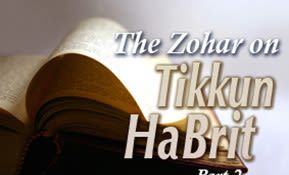
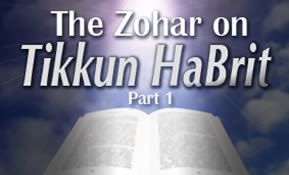
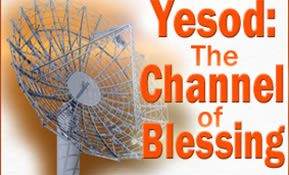
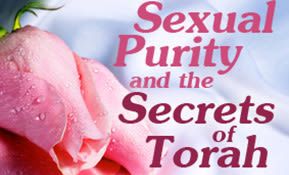


Tell us what you think!
Thank you for your comment!
It will be published after approval by the Editor.